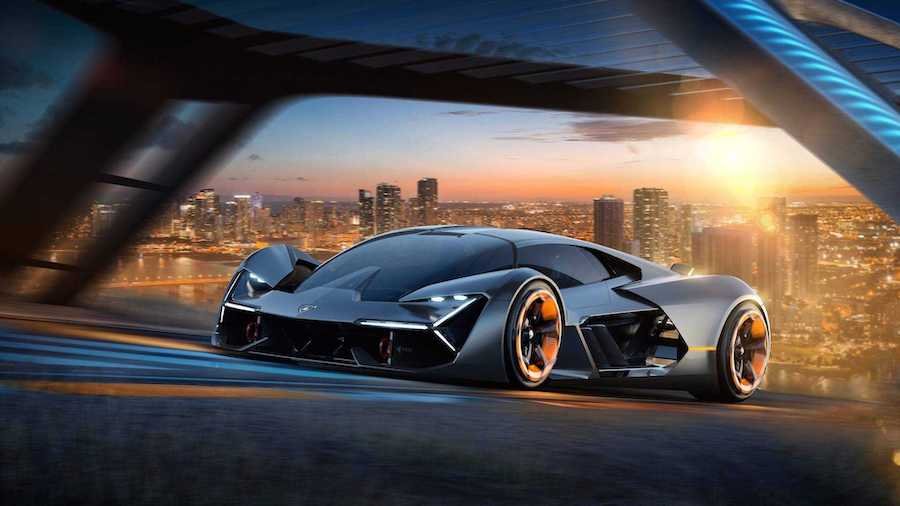Lamborghini: Now's Not the Time for an Electric Supercar

About five years ago, Lamborghini decided to hybridize its entire lineup, forgoing the move to pure electrification. At the time, introducing pure EVs—not hybrids—seemed like the only path forward, with legislation and public pressure coming down on manufacturers. But that pressure has since reversed course, with electric car sales faltering and governments walking back aggressive EV mandates.
With demand for extravagant, high-displacement ICE cars greater than ever, it's clear Lamborghini's gamble has paid off. Chief technical officer Rouven Mohr says even now, an all-electric supercar from the brand wouldn't succeed.
"At the moment, now, the time would not be right [for an EV], at least not in a super sports car," Mohr told Motor1 at the Nardò Technical Center during the launch of the Urus SE. "You have seen a lot of [electric] cars on the market that were not really successful."
With its lineup fully hybridized, Lamborghini has put itself in the perfect position for success. All three of its models—the V-12-powered Revuelto, the twin-turbo Temerario, and the Urus SUV—now feature some kind of electric assistance, placing the brand in the ideal spot as competitors lag behind.
"I'm super happy with our current lineup, because with a hybridized lineup, we can live for the next decade," Mohr told Motor1. "But I also believe Lamborghini needs to have the transition [to electric power], because it's only a question of time when the mindset will change."
Lamborghini understands that time is fast approaching, which is why it plans to launch its first all-electric car in 2028. Previewed last year at Monterey with the Lanzador concept, the EV won't be a full-on supercar, but rather an SUV-shaped 2+2 grand tourer. Making it stand out amongst a sea of mostly similar-feeling EVs will be the company's biggest challenge, says Mohr.
"It's about the clearness of the product, definition, staying on your brand DNA," he told Motor1. "It's clear that a full electric car from Lamborghini has to have this kind of excitement factor. It's not only about maximum power, maximum acceleration. These are commodities."
Mohr went on to say the first electric Lamborghini should have the same "kind of roughness, a kind of excitement" as the brand's gas-powered cars.
"You can be sure when we bring the first electric Lamborghini, we will be very careful in managing the brand's attributes," Mohr says. "We are not thinking to bring another standard electric car, one megawatt of power. It's not like this. You need a differentiation."
The first (and arguably only) car that comes to mind when you think about exciting EVs is the Hyundai Ioniq 5 N, thanks in part to its simulated paddle-shifted transmission. While Mohr appreciates the innovation, he doesn't think it would mesh well with the Lamborghini brand.
"I have full respect that they are addressing this point," Mohr says. "For me, it's the right way to speak about emotional connection in an electric car. It's not only about acceleration, and they were the first ones that addressed it in this kind of way.
"If you asked me if [the simulated gears] are fitting to the Lamborghini brand, not so much," Mohr says. "From our perspective, we need to go a step further. Only trying to imitate a combustion engine is probably the right answer for now. But we have to convince the customers that the electric driving experience is something more than you cannot have in the combustion world. Only then can you convince emotional buyers to stay electric."
It's not clear exactly what that differentiator will be for Lamborghini. With just four years to go until the EV's launch, we won't have to wait very long to find out.
Related News


